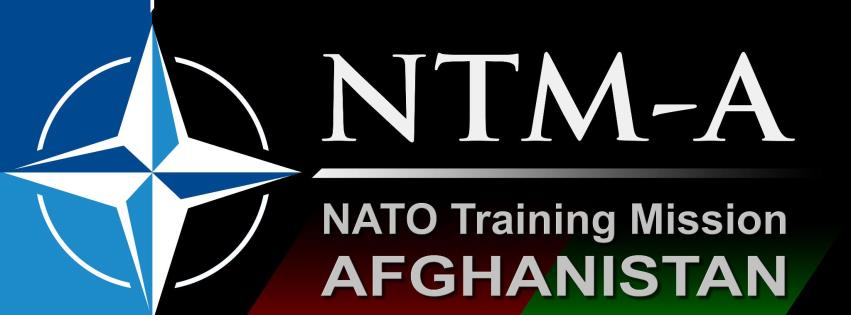On October 11, 2024, North Korea accused South Korea of flying drones into its capital, claiming that the drones were used to spread South Korean propaganda across Pyongyang. On October 19, the KCNA state agency reported, “In light of the drone’s shape, the presumptive period of flight, the leaflet-scattering box fixed to the underpart of the drone’s fuselage, etc, it is quite likely that the drone is the one which scattered leaflets over the center of Pyongyang Municipality. But the conclusion has not yet been drawn.” Pyongyang then went on to declare that this was perceived as a severe transgression, worthy of “even war.”
Following the release of photos of the alleged drone, South Korean lawmaker Yu Yong-won informed Reuters that the drones in North Korea’s photos are ‘very similar’ to surveillance drones made by Sunglo Engineering, a South Korean company that supplied the South Korean military 2023. The South Korean government has not confirmed whether such drones were deployed and will likely not make comments on the matter, but it has stated that if the safety of its citizens is under threat, it would signal an aggressive retaliation.
Despite how the optics may appear for South Korea, it’s essential to question the reliability of North Korea’s claims. If proven true, this would be an example of information warfare through foreign propaganda. Information warfare involves safeguarding one’s own information while actively seeking to obtain adversaries’ information, often with the goal of damaging their information systems and disrupting their flow of information. Although the specific purpose of propaganda may vary according to the type of media used, the typical aim of foreign propaganda is to influence, destabilize, or control the public perception and decision-making of any demographic.
Considering the security dynamics at hand, any decision to engage in this sort of warfare will involve a detailed risk analysis. While doing so, South Korean officials will keep in mind that they lack independent nuclear weapons and rely on the United States for extended deterrence. On the other hand, North Korea is a nuclear-armed state that has issued explicit threats of strikes in the past; a very recent example of the former’s aggression is the declaring the intent to sever all routes to the South, followed by the destruction of the Gyeongui and Donghae roads. Said officials understand the fragility of these tensions, raising the question of whether they would risk provoking North Korea with an operation using a drone that could be easily traced back to them.
While tensions are undeniably intense, this situation appears to mark yet another flashpoint in the relentless standoff between the two states, with both sides locked in a cycle of defiance, unwilling to yield. Professor Kang Dong-wan, a political science and diplomacy lecturer at Dong-a University in South Korea, is among the analysts who argue that North Korea inflates the appearance of external threats to strengthen internal support and loyalty to the regime. With this rationale in mind, it is likely that this instance will not be the direct cause of an open-armed war.
Regardless, it becomes evident that instances of information warfare can trigger flashpoints. Just as ‘conventional’ military conflicts call for diplomacy, information warfare demands its own forms of peacekeeping efforts. For instance, both South and North Korea could collaborate to establish clearer international standards for drone deployment and identification in high-stakes areas. Greater transparency and regulation are essential, as unidentified or unmonitored drones could easily be perceived as hostile. Establishing clear norms for drone usage, such as standardized identification protocols and designated no-fly zones, would help both nations minimize the risk of misunderstandings regardless of whether they are inflated or not
Getting the ball rolling on such a daunting diplomatic task would face considerable challenges, particularly given North Korea’s known resistance to external collaboration. Historically. In an ideal scenario, both nations would be open to third-party monitoring to reduce misunderstandings and misinterpretations that can escalate tensions. However, the feasibility of these frameworks is restricted by North Korea’s isolationist policies that have been employed since the introduction of Juche in 1967, which call for economic, political, ideological and military independence. While these proposals may appear overly ambitious given the current geopolitical climate, they could still serve as a valuable model, for other regions facing similar situations revolving around drone surveillance and tensions, to follow. If diplomatic relations between the two states improve in the future, this framework will likely play a meaningful role in establishing long-term stability between the rival states.
Photo: Exercise KHAAN QUEST (2024), by Caporal Alexandre Brisson via Source. Photo courtesy of the Canadian Forces Combat Camera, Department of National Defence.
Disclaimer: Any views or opinions expressed in articles are solely those of the authors and do not necessarily represent the views of the NATO Association of
Canada.





